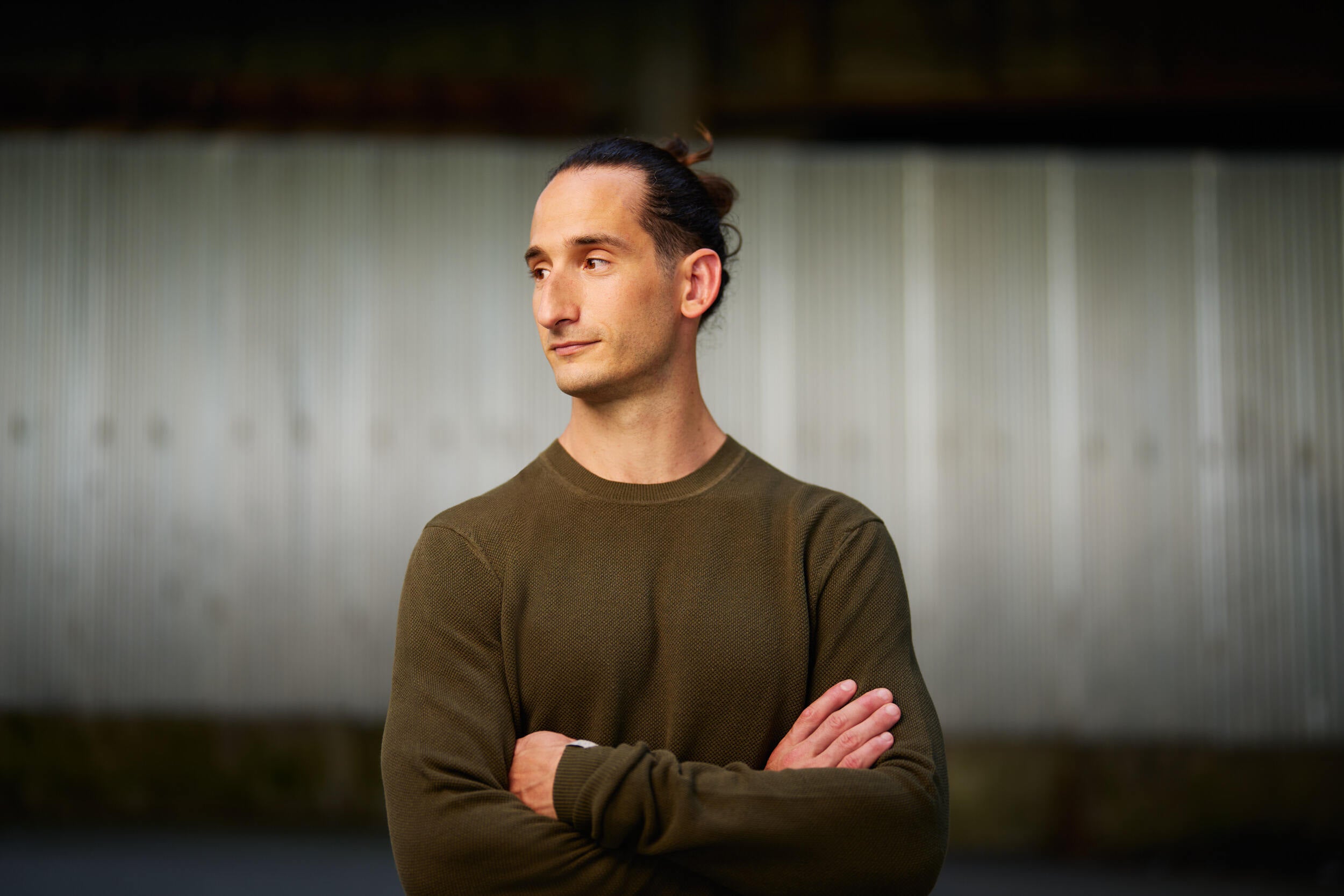How Professional Runner David Laney Made a Living Out of His Passion

Anyone that runs — and especially anyone that excels at running insane distances like ultras — must embody the Spartan ethos. Professional runner David Laney is one of those people, and his trail mastery has come from decades of committing to a date on the calendar and putting in the hard, painful (sometimes seemingly impossible) work to succeed. Throughout Laney’s entire career, his training has been simple, but it's also been far from easy. He logs miles, recovers, and repeats… over and over.
After being inspired as a kid by his dad’s passion for running, Laney found track in high school, excelled at it through college, and the rest was history.
Related: The 7 Spartan Rules That Will Make You Run Like Hell
Like most competitive runners, he’s out there grinding five to six days per week. And depending on what he’s training for, he'll be logging anywhere between 50 to 100 miles in those few days.
Here, we chat with Laney about how he got into running and made a career out of it, plus he shares his Spartan rules for being a better runner when you commit to running your next race.
How Elite Runner David Laney Built His Career Around Running

SPARTAN RACE: How did you get introduced to running?
DAVID LANEY: My dad ran marathons when I was a kid and I thought that was cool, so I would make him take me running around the block. I had played basketball and soccer in elementary and middle school, but I was really small so I was horrible. I think that sometimes you genetically get selected for something — plus running is what my dad did — so it was a natural progression.
SR: How did running grow into such a passion of yours?
DL: I'm a pretty energetic, busy, and scattered person, and running is really the only time I can be focused. I like the rhythm of doing the same motion over and over and over. It's freeing in a way.
SR: Was there a moment in time when you first thought you could make a career out of running?
DL: I didn't actually think that I could make a living doing this. But in high school, we went to camp as a team and I always would ask myself, "How can I have a life that's like this every single day?"
At first, I thought I would have to live on beans and rice and make no money, which is what I did do for awhile. And then, in college, I realized that I might be able to actually make a living running trails and working for a sports or running company.
SR: Did you always road run and trail run, or was there a transition?
DL: I did track and cross country in college and high school, and then I ran road races directly after college for about a year. After that, I started working in a running shop and everyone ran on trails. At the time, I was living in an apartment with 10 dudes and there was a trail race that had a $1,000 prize. I thought, "That's months of rent, so I gotta do it."
I went on to win the race, had fun running in the mountains, and realized that people actually got paid for this. That was March of 2013.
SR: What’s been your craziest race to date?
DL: I've done some training days that were just more like mountaineering type stuff, and there’s been some things that were just stupid and hard to describe. But the coolest race I've done was the Ultra-Trail du Mont-Blanc in France. They say it’s 100 miles, but it’s really more like 108.
SR: What inspires you out here?
DL: I got genetically lucky that I'm small and tall, and it's easy to go running for me. But what inspires me is the people — like the football dudes or like the women who have had children or cancer — that get out there and run. I have an acquaintance who had cancer and just finished a 100-miler last year, and she works like 60 hours per week!
Those are my inspirations. Not just 30-year old dudes who work out all of the time. It's pretty easy for us. [Tommy Rivers Puzey], an ultra-fit dude that battled cancer, is another example. It's easy to be inspired by someone who runs fast up mountains, but there’s way more depth to the people who have really overcome a lot of adversity as well.
SR: And you even do some coaching too, right?
DL: I did that more before I had my role with CRAFT Sportswear, but I do coach a couple of people — mostly beginner runners. I had been training a girl who was just trying to run a few miles, and now she has a 5K this year and maybe even a half-marathon. It'll be incredible if she ever does a marathon, too.
Looking to transition from road to trail, or to challenge yourself to new distances? Check out the 7 Spartan Rules to Being a Better Runner, according to David Laney.












